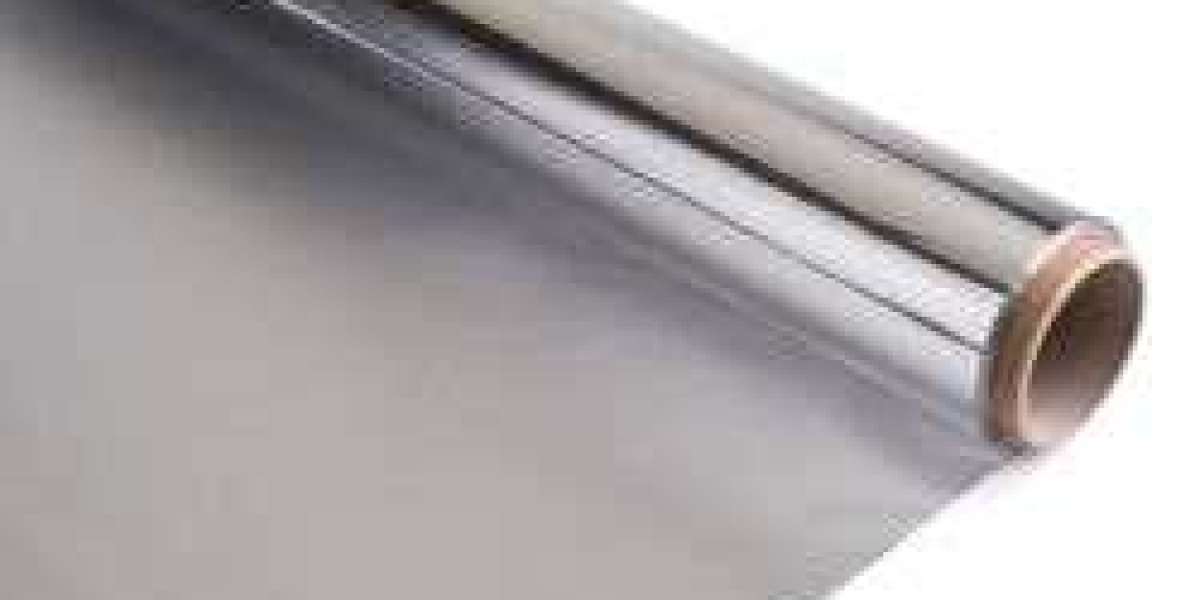Polypropylene rope and nylon rope are two commonly used types of ropes with distinct characteristics and properties. While both ropes are widely utilized in various applications, they differ in terms of strength, durability, elasticity, resistance to environmental factors, and cost. Understanding their differences can help users make informed decisions regarding their specific needs. This article aims to explore the disparities between polypropylene rope and nylon rope, highlighting their respective features and applications.
Polypropylene Rope:Polypropylene rope, commonly known as poly rope, is made from a synthetic thermoplastic polymer known as polypropylene. This type of rope offers several advantages due to its specific properties.
Strength and Load-Bearing Capacity: Polypropylene rope has a moderate strength-to-weight ratio. It is lightweight, making it easy to handle and transport. However, compared to nylon rope, polypropylene has a lower tensile strength and load-bearing capacity. It is less suitable for heavy-duty applications that require high strength and resistance to extreme forces.
Floatability: One of the notable characteristics of polypropylene rope is its buoyancy. It is exceptionally buoyant and has the ability to float on water. This property makes it suitable for applications where water exposure is a concern, such as marine and water sports activities.
Resistance to Chemicals: Polypropylene rope exhibits excellent resistance to many chemicals, including acids, alkalis, and solvents. This resistance makes it suitable for applications involving exposure to various chemical environments, such as the chemical industry or marine settings where contact with corrosive substances is possible.
Resistance to UV Radiation: Polypropylene rope has relatively low resistance to ultraviolet (UV) radiation from the sun. Over time, prolonged exposure to sunlight can cause the rope's fibers to degrade and weaken. Therefore, it is not recommended for long-term outdoor use in direct sunlight unless it has been treated with UV stabilizers.
Abrasion Resistance: While polypropylene rope has decent resistance to abrasion, it is not as durable as nylon rope in this aspect. It can withstand moderate wear and tear but may deteriorate more quickly when subjected to rough or abrasive surfaces.
Nylon Rope: Nylon rope is a synthetic rope made from nylon fibers. It offers distinct features and characteristics that set it apart from polypropylene rope.
Strength and Load-Bearing Capacity: Nylon rope is renowned for its exceptional strength and high load-bearing capacity. It is significantly stronger than polypropylene rope and can handle heavy loads without breaking. This strength makes nylon rope suitable for demanding applications that require superior tensile strength and durability.
Elasticity: One of the key advantages of nylon rope is its elasticity or stretchability. It has a high elongation percentage, allowing it to absorb shock and impact forces effectively. This property makes nylon rope ideal for applications that involve dynamic loads, such as towing, lifting, and mooring.
Resistance to Environmental Factors: Nylon rope exhibits excellent resistance to various environmental factors, including moisture, rot, mildew, and many chemicals. It can withstand prolonged exposure to water, making it suitable for marine and outdoor applications. Additionally, nylon rope has better resistance to UV radiation compared to polypropylene rope. It can withstand prolonged exposure to sunlight without significant degradation.
Abrasion Resistance: Nylon rope is highly abrasion-resistant. It can withstand friction and rubbing against rough surfaces without significant damage. This property enhances its durability and extends its lifespan, particularly in applications where the rope comes into contact with abrasive materials or surfaces.
Cost: In terms of cost, polypropylene rope is generally more affordable compared to nylon rope. Polypropylene's lower production costs contribute to its relatively lower price point. However, nylon rope's superior strength and durability justify its higher cost, especially for applications that demand these properties.








